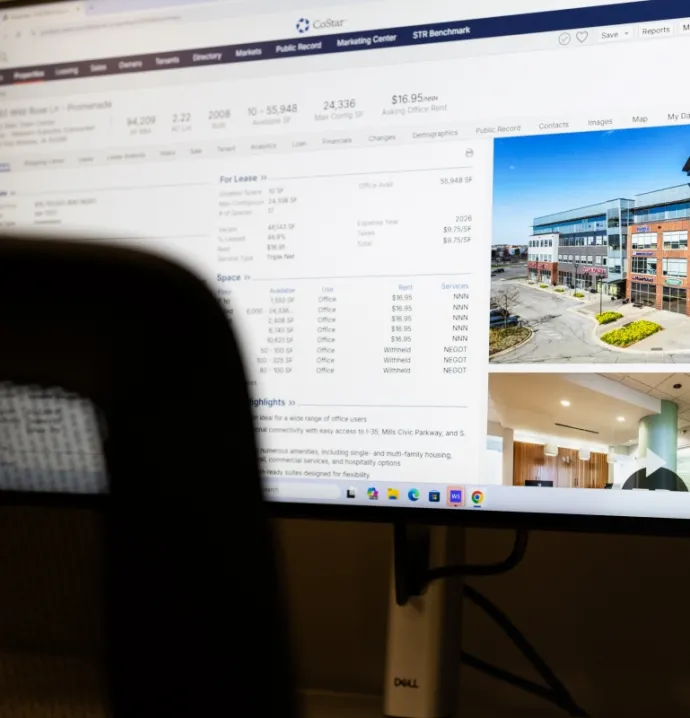Federal Judges Lax About Recusing Themselves
Federal Judges Lax About Recusing Themselves

Federal judges rule on cases that can affect the profitability of particular companies and even whole industries. Imagine a judge handling a case with a large retailer. What would you think if this judge owned shares of stock in this large retailer and even bought or sold shares during the trial? You would be shocked and suspicious.
The Wall Street Journal recently reported that over one hundred federal judges failed to recuse themselves, despite owning stock in the companies over whose lawsuits they presided. Some of the judges admitted they erred, but pointed out that their finances were handled by advisors. The judges may have truly been ignorant of their ownership of stocks of litigant companies.
Given the small sizes of the sales (less than $50,000 in most cases, hardly enough to induce judges to risk their careers), I am willing to believe the judges were not knowingly breaking the law, but were just inattentive. Yet the judiciary has a solemn responsibility to be above reproach in their behavior. Moreover, the law is so strict that judges must recuse themselves, even if family members own a share of a litigant company’s stock. Knowing this, the judges in question clearly failed, at a minimum, to be sufficiently diligent.
While the judiciary at least has rules regarding conflicts of interest, the U.S. Senate does not. Senators are intimately involved in making laws that affect the economy. They therefore know before other people about legislation that might affect the profitability of certain industries. Evidence suggests that senators frequently take advantage of such inside knowledge. They typically beat the market rate of return on their investments. For instance, one study found, “a portfolio that mimics purchases of U.S. Senators [during the period 1993-98] beats the market by 85 basis points per month, while a portfolio that mimics the sales of Senators lags the market by 12 basis points per month. The large difference in the returns of stocks bought and sold (nearly one percentage point per month) is economically large and reliably positive.” These researchers point out that, “despite [the Senators] access to special information, neither federal law nor The Senate Code of Official Conduct places any unusual restrictions on the Senators’ common stock transactions…. ‘The strong presumption would be that the Member was working for legislation because of the public interest and the needs of his constituents and that his own financial interest was only incidentally related (Ziobrowski, Cheng, Boyd, and Ziobrowski, “Abnormal Returns from the Common Stock Investments of the U.S. Senate,” Journal of Financial and Quantitative Analysis 39(4), December 2004, 661-676, quote on 661-62). You don’t have to be a cynic to find such a presumption preposterous.
Senators did not extend such charitable presumptions to private traders. Back in the 1980s and 1990s, Congress paid considerable attention to “insider trading.” Some Wall Street traders were chastised and disgraced over alleged insider trading. Apparently being a U.S. Senator meant having lesser diligence than private traders or federal judges. Lest you think such inconsistencies are a thing of the past, a recent article in The Guardian, entitled “Revealed: how US senators invest in firms they are supposed to regulate,” suggests that it is business as usual in Congress (Alex Kotch, September 19, 2019, https://www.theguardian.com/us-news/2019/sep/19/us-senators-investments-...).
We grow up hearing stories about President Abraham Lincoln, who understood the importance of scrupulous behavior. He earned his nickname, “Honest Abe,” on occasion. During the Civil War, he discovered that the army was supplying choice cuts of meat from its cattle herd to the White House chef. Lincoln immediately put an end to this practice and remarked that the largest scandals often erupted from such minor breaches of ethics.
The moral of this tale is that citizens should demand that government officials should raise their ethical behavior to the level demanded of business people. If we are ever going to trust our senators, they must be, like Caesar’s wife, above reproach.
David Surdam
Professor of Economics
University of Northern Iowa
The views and opinions expressed are those of the author and do not imply endorsement by the University of Northern Iowa.




